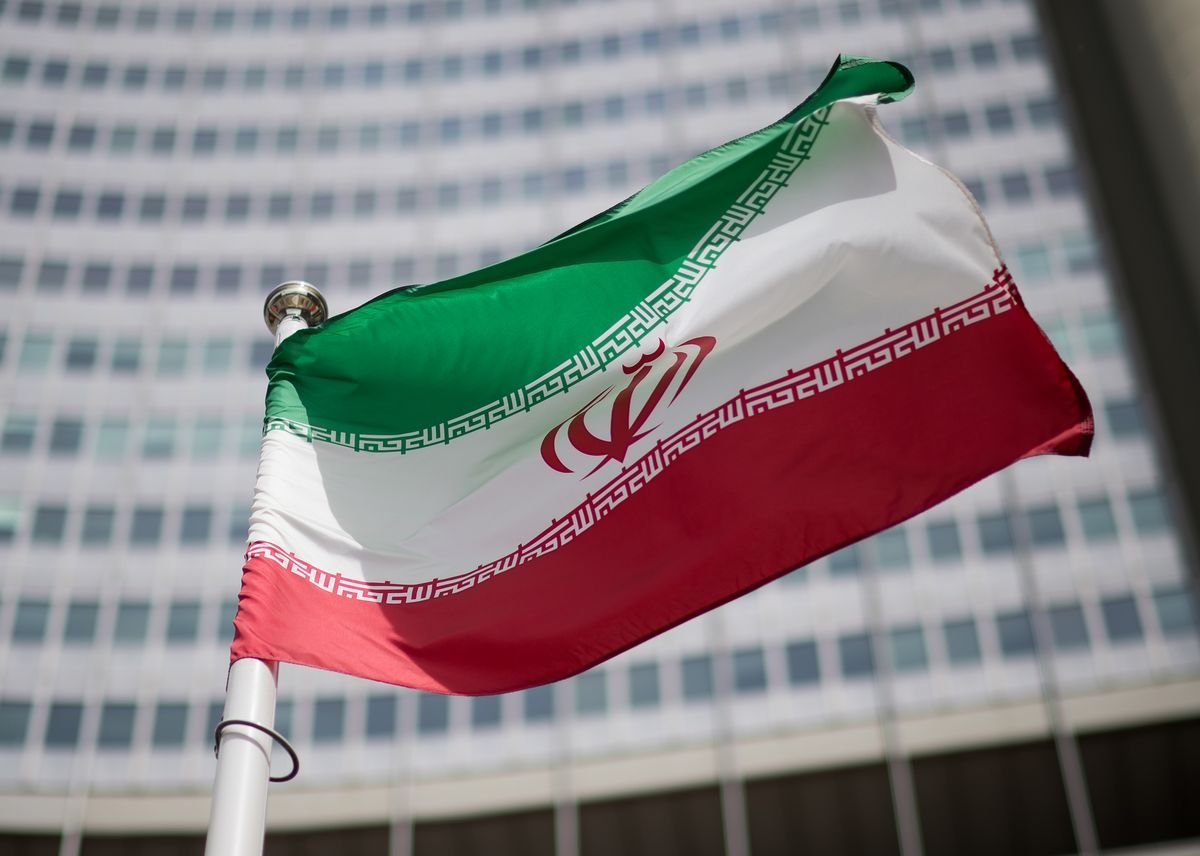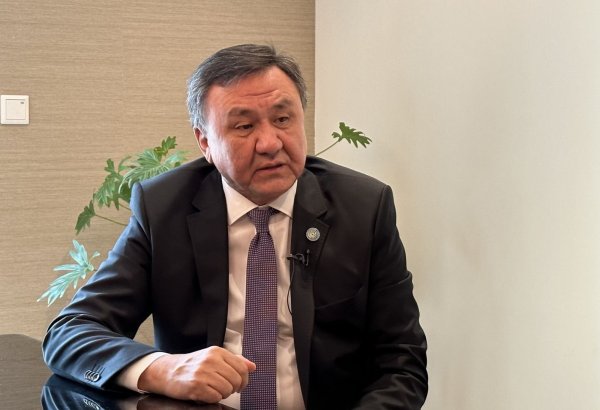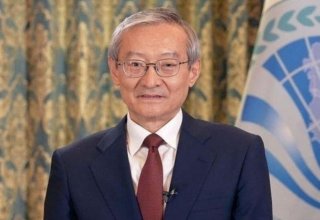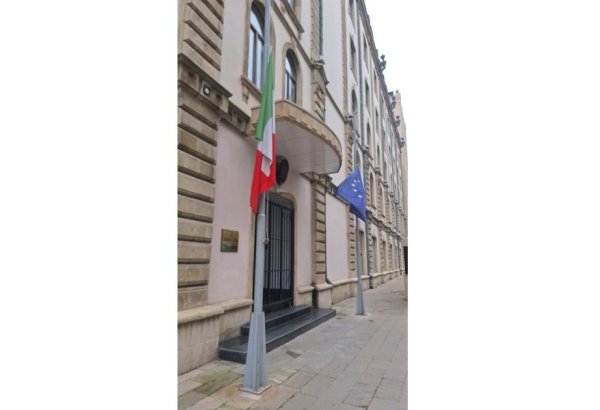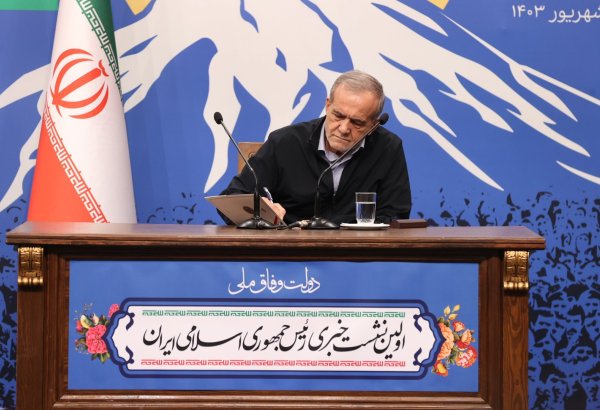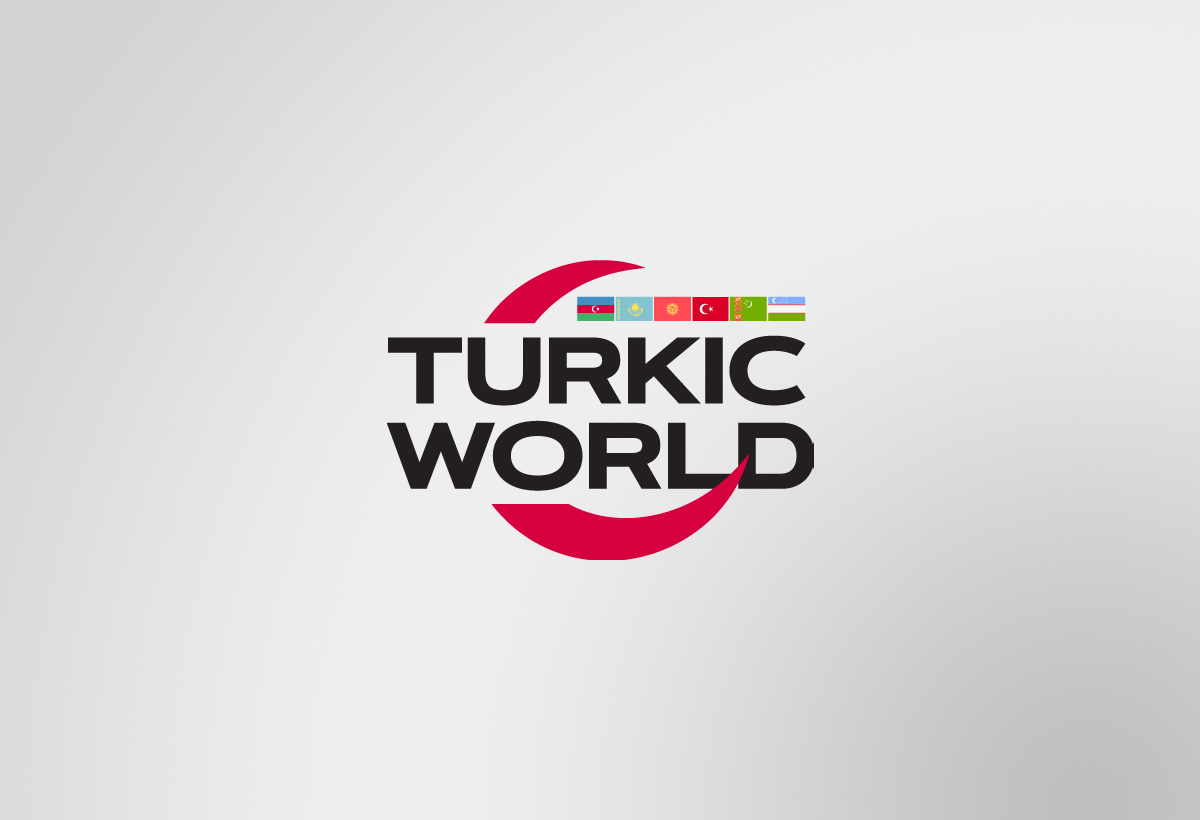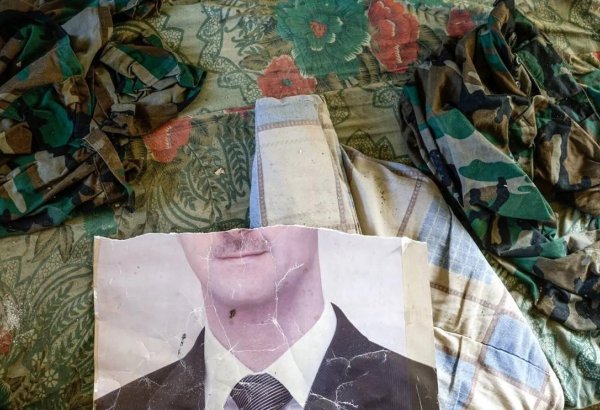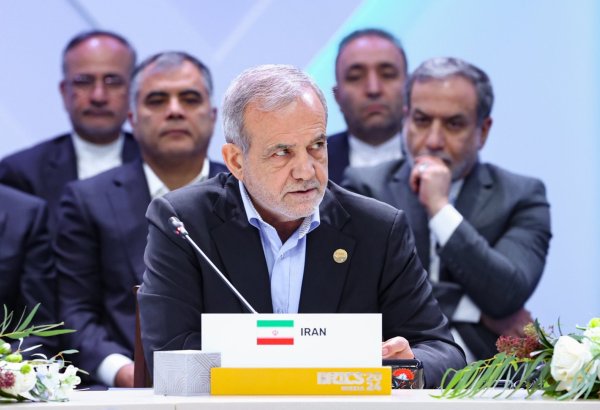BAKU, Azerbaijan, October 28. The comprehensive plan of joint action reached in 2015 over Iran's nuclear program may be restored with the return of the US to the plan, the member of the Iranian parliament's National Security and Foreign Policy Commission, Abolfazl Zohrevand told local media, TurkicWorld reports.
He asserts that in this scenario, the US can lift its sanctions against Iran and re-implement the Comprehensive Joint Action Plan. Otherwise, nothing will be resolved. In fact, the comprehensive joint action plan was between Iran and the US. However, the US has abandoned this plan.
Zohravend added that some members of the Iranian parliament are petitioning for changes in Iran's nuclear doctrine. The objective of amending the nuclear doctrine is essentially to revise Iran's nuclear policy regarding cooperation with the International Atomic Energy Agency and the nuclear non-proliferation agreement.
The Iranian parliamentarian noted that Iran should move in a direction that safeguards its interests. One such direction could be Iran's withdrawal from the International Atomic Energy Agency, a reduction in cooperation levels, and a withdrawal from the Nuclear Non-Proliferation Treaty. These are the explanations for a change in nuclear doctrine. However, this does not mean the development of an atomic bomb.
The Iranian parliament's 39 deputies have petitioned Iran's Supreme National Security Council to revise the country's defense doctrine regarding the production of nuclear weapons.
Tensions have risen recently in the Middle East, mainly between Iran and Israel. Given these tensions, certain circles in Iran are considering alternative options.
Meanwhile, in January 2016, Iran and the P5+1 group (the US, Russia, China, the UK, France, and Germany) implemented the Comprehensive Joint Plan of Action concerning Iran’s nuclear program.
In May 2018, the US announced its withdrawal from the deal and reimposed sanctions on Iran.
By the end of 2020, the Iranian parliament decided to pursue a strategic plan in the nuclear sector to counter the sanctions, leading to a suspension of additional steps and the Additional Protocol as per the nuclear agreement.
Consequently, the International Atomic Energy Agency (IAEA) faced a reduction in monitoring capabilities by 20–30 percent.








